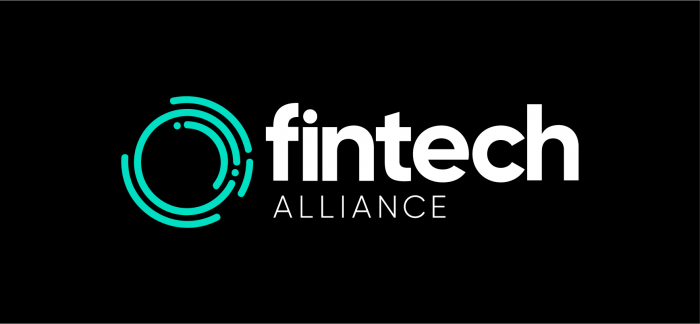Following Facebook's announcement of its Libra cryptocurrency, there have been a few new developments on the regulatory front due to more substantive statements made by regulators.
On a global level, several regulators as well as the Financial Stability Board have warned Facebook that it will face heavy scrutiny before deploying Libra, which Facebook hopes to have up and running by 2020. In the US, the House Financial Services Committee – the body that oversees the financial services industry – has sent a letter to Facebook asking it to "immediately cease implementation plans”. The letter goes on to state that Libra poses itself as an “entirely new global financial system that is based out of Switzerland and intended to rival U.S. monetary policy and the dollar”.
In Asia, the Indian government has been adamant in expressing its reservations with the Libra project. A block by the Indian regulators could be particularly important, as the project’s general goal is to tap into the developing and “unbanked” section of the global population. In a less definitive tone, the deputy head of the People’s Bank of China’s Payment and Settlement Department considered that Libra will require the support and supervision from central banks as well as be incorporated in the relevant regulatory frameworks.
In similar fashion, albeit not specifically directed at Libra, a letter by the Financial Stability Board’s chairman, Randal Quarles, notes that “[a] wider use of new types of crypto-assets for retail payment purposes would warrant close scrutiny by authorities to ensure that that they are subject to high standards of regulation. The FSB and standard setting bodies will monitor risks very closely and in a coordinated fashion, and consider additional multilateral responses as needed”.
In the UK, both the Bank of England, and the FCA have been vocal on their attitude towards Libra. Mark Carney, the Governor of the Bank of England, in a speech noted that Libra “may substantially improve financial inclusion and dramatically lower the costs of domestic and cross border payments” and that the Bank of England “approaches Libra with an open mind but not an open door”. The FCA’s Director for Strategy and Competition, Christopher Woolard, also noted that if Libra comes to fruition it could be a very significant component of the payment/tech industry. To that effect, the CEO of the FCA, Andrew Bailey said two weeks ago that the FCA will work with the Treasury and the Bank of England to monitor Facebook’s plans.
Jumping the hoops
Preliminary regulatory considerations in the UK, in relation to Libra, concern its potential classification as E-money as was alluded to by Christopher Woolard in his speech, given that Libra’s initial steps will be to allow for remittances between users, and micropayments. Christopher Woolard touched upon this in his speech in the context of ‘stablecoins’, which Libra purports to be. To that effect, other cryptoassets to-date attempted to be used as payment assets. Indeed Bitcoin itself, albeit not a stablecoin, was intended to be a “peer-to-peer” exchange network but has not been classified as “e-money” by any regulators in the EU. Due in part to the fact that e-money must be represented by a claim on the issuer:
- stored electronically, including magnetically,
- issued on receipt of funds,
- used for the purposes of making payment transactions (as defined in regulation 2 of the Payment Services Regulations), and
- accepted as a means of payment by persons other than the issuer.
As cryptoassets are typically issued through pre-determined algorithmic processes, as opposed to on-demand by a central issuer in receipt of funds, they would usually fail on that front. At the same time most cryptoassets are not intended for payment, or indeed are not accepted widely by third parties as a means of payment.
In any case, assuming that Libra would be classified as e-money in the UK, Facebook, and in this case, Calibra would require an e-money licence, as well as a payment service provider licence.
Taking stock from the above, Libra will likely face heavy scrutiny before its implementation. While not ordering a direct halt as in the US, the UK regulator is also putting the new cryptoasset under the microscope.








